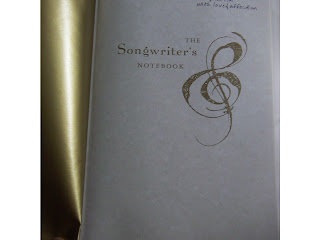Unlike most of my peers I grew up with no religion, indeed, little talk at all of spiritual belief and the meaning of life and death. Yet, in an antagonistic adolescent world, I experienced what I still consider a divine moment in 2001, hearing Smetana's Die Moldau at New Haven's Woolsey Hall. It felt qualitatively as a transport to paradise. I experienced it again when I visited Bali two years later, again on hearing fine concerted sound that instantly bridged the sacred and the profane.
No doubt my choices of expression, society, and service work come from a common source with these moments of acute awareness. My faith is in a life and strength that feeds my daily choices of right from wrong, but have presence beyond that. As I grow older, the way I relate to others gains depths of gratitude, forgiveness, and generosity that surprise me even as they bear me forward from moments of spiritual devastation. These teach me to be steadfast in practice, even when progress appears impossible.
This life and strength, the common source, is as unmistakable to me as those moments of transcendence through music. It renders meaningless categories of self and other, mortality and eternity. When I'm aware of it I'm empowered in doing my life in the completeness of reality.
In holding this divinity the questions "do you take Jesus as your lord and personal savior" or "do you believe in God" make no sense. The source is empty of questions, judgment, or answers, yet all the music ever played, now sounding, and yet to be conceived flow continuously from it, soundlessly ghosted in our world.


